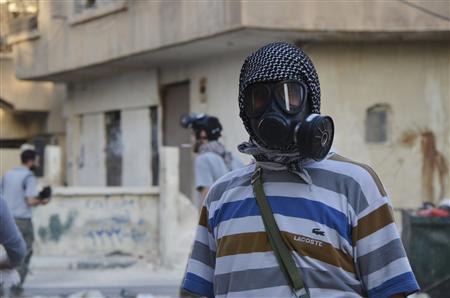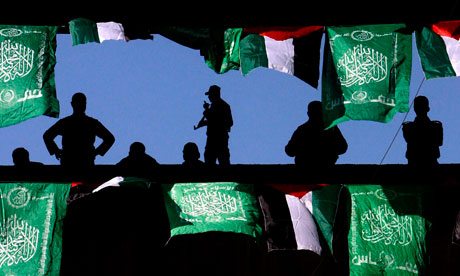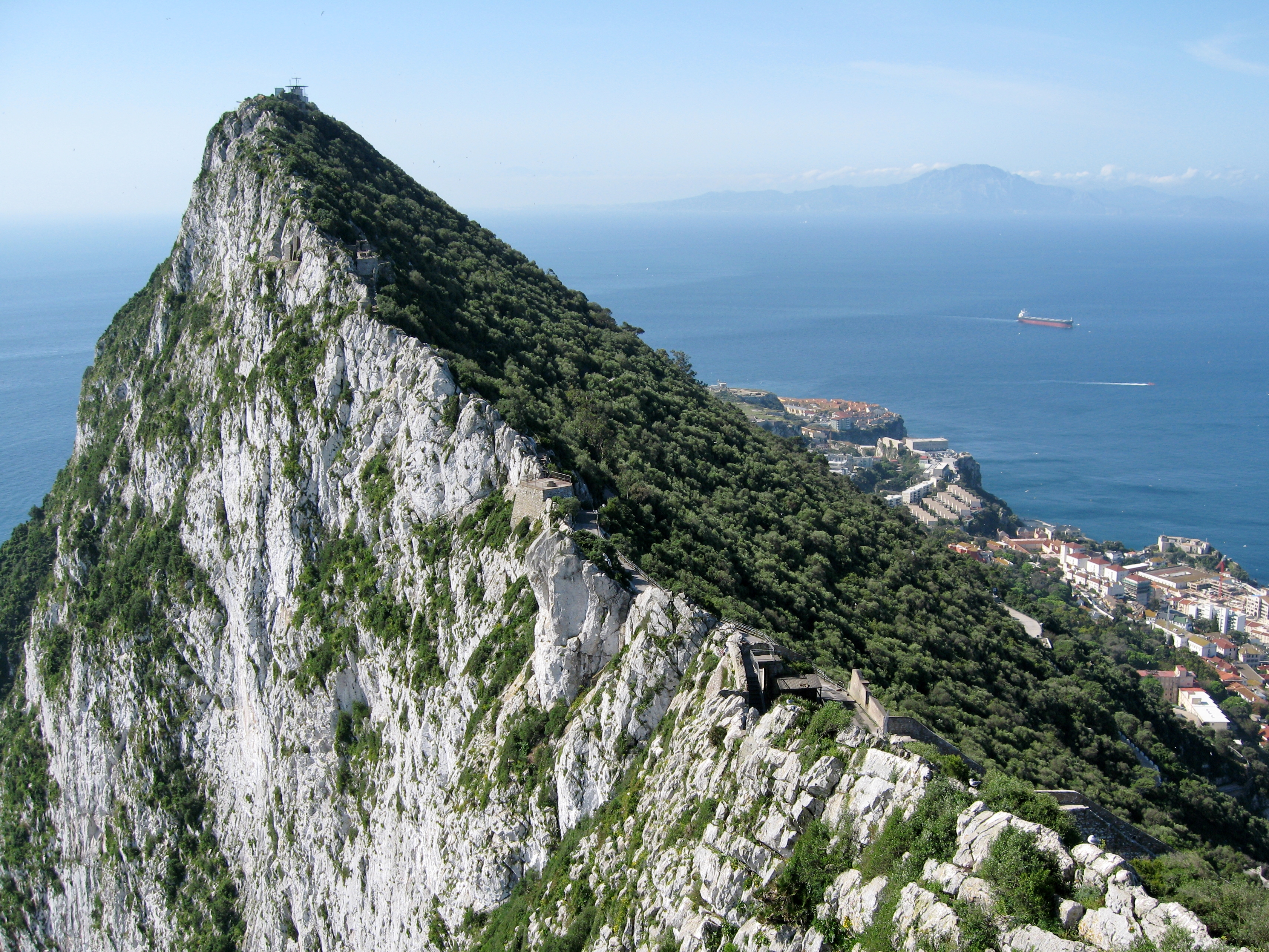Friday 30 August 2013
Syria - Intelligence report released (PDF)
Below is the intelligence report compiled by security officials of the United States of America. We feel it is beneficial given the current developments in Syria and will be of interest to our readers. The report is in PDF form and will require Adobe Acrobat to open.
The bigger picture of the Syrian Civil War
 |
| Chemical weapons usage is a "red-line" for means of intervention in Syria Reuters/Bassam Khabieh |
On Aug 29, the British Parliament voted against intervention in Syria. For a long-standing, close and special ally to the US, it comes as a surprise that it would seem that the UK will not partake in action against the Assad regime given its previous involvement in the Arab Spring. Nevertheless, there are two main reasons for this. Firstly, the Cameron government is dealing with a shell-shocked, war weary public that wishes to see budget and expenditure geared towards domestic adventures. Secondly, it must respect the democratic process that the Prime Minister has gambled its foreign policy on. Given the general public distrust and sentiment, particularly to matters relating to intelligence, the opposition, Labour, in the House of Commons felt that not enough evidence to warrant intervention at this point had been collected. Even so, British absence in the intervention won't stop the US, so what are the options for the US in fulfilling its red-line condition?
Monday 19 August 2013
Egyptian Crisis - Options for the U.S.
 |
| A boy sits on a traffic sgnal holding the Egytian national flag during protests against ousted President Morsi Shawkan/Demotix/Corbis |
The recent military crackdown against supporters or recently
ousted president Mohammed Morsi has dominated the news cycle over the last
several days. The Egyptian military is
currently showing zero tolerance for anyone who opposes its recent ousting of
Morsi and has responded with deadly force against protesters. This has naturally raised eyebrows in the
state department, but in a similar fashion to the attitude displayed over the
last two years, the US has been extremely reluctant to engage in the crisis
fully.
Thursday 8 August 2013
The U.S.-Russian narrative
 |
| Obama and Putin meet at G20 Summit in Mexico Reuters |
On Aug 7, the White House gave a formal notice that President Obama would not be meeting, bilaterally, President Vladimir Putin in Moscow and will instead make a two day visit to Sweden. Popular opinion suggests that the Edward Snowden is the source of Obama's diversion to Moscow but there are far more complexities in the relations between Moscow and Washington that make the geopolitical landscape chilly.
Wednesday 7 August 2013
Argentina: Renewal of the Falklands Islands claim
Sitrep: Syria: Saudi Arabia offers Russia incentives to scale back Assad support
Saudi Arabia has offered economic incentives including a major arms deal along with Saudi Arabia's insistence to not compete with Russian gas sales. This is conditional so long as Moscow scales back on its support for the Syrian regime, reuters reported on Aug 7.
The proposed deal has been constructed by Saudi Intelligence direction Prince Bandar bin Sultan at a meeting with Russian President Vladimir Putin last week. Russia has supported the proxy war that sees the al-Assad regime as strategic importance in the Middle East. Likewise, the Saudi Arabian government sees a Syrian aligned with Iran as detrimental to its regional hegemony. The deal will tempt the Russian administration, as its strategy has been to further its influence through natural gas contracts, particularly in Central and Eastern Europe.
Tuesday 6 August 2013
Israel & Palestine - Back at the negotiating table and key issues explained
 |
| Hamas security forces standing guard in Gaza, December 2010 Image: Ali Ali/EPA |
Monday 5 August 2013
Geopolitical Snapshot - 05.08.13
Sitrep: USA - Al-qaeda message intercepted
Over the past several days, the various U.S. embassies including French, British and German embassies have closed amid security concerns in North Africa, Middle East and Greater Middle East. The diplomatic installations were closed in consideration of an intercepted al-Qaeda message. The decision to close the embassies also took into account the growing threats emerging in Yemen, the near-end of Ramadan and concern over various prison breaks across the region. On Aug 3, India's consulate in Jalalabad, Afghanistan was a victim of an attack, killing 9 civilians.
Subscribe to:
Posts (Atom)




